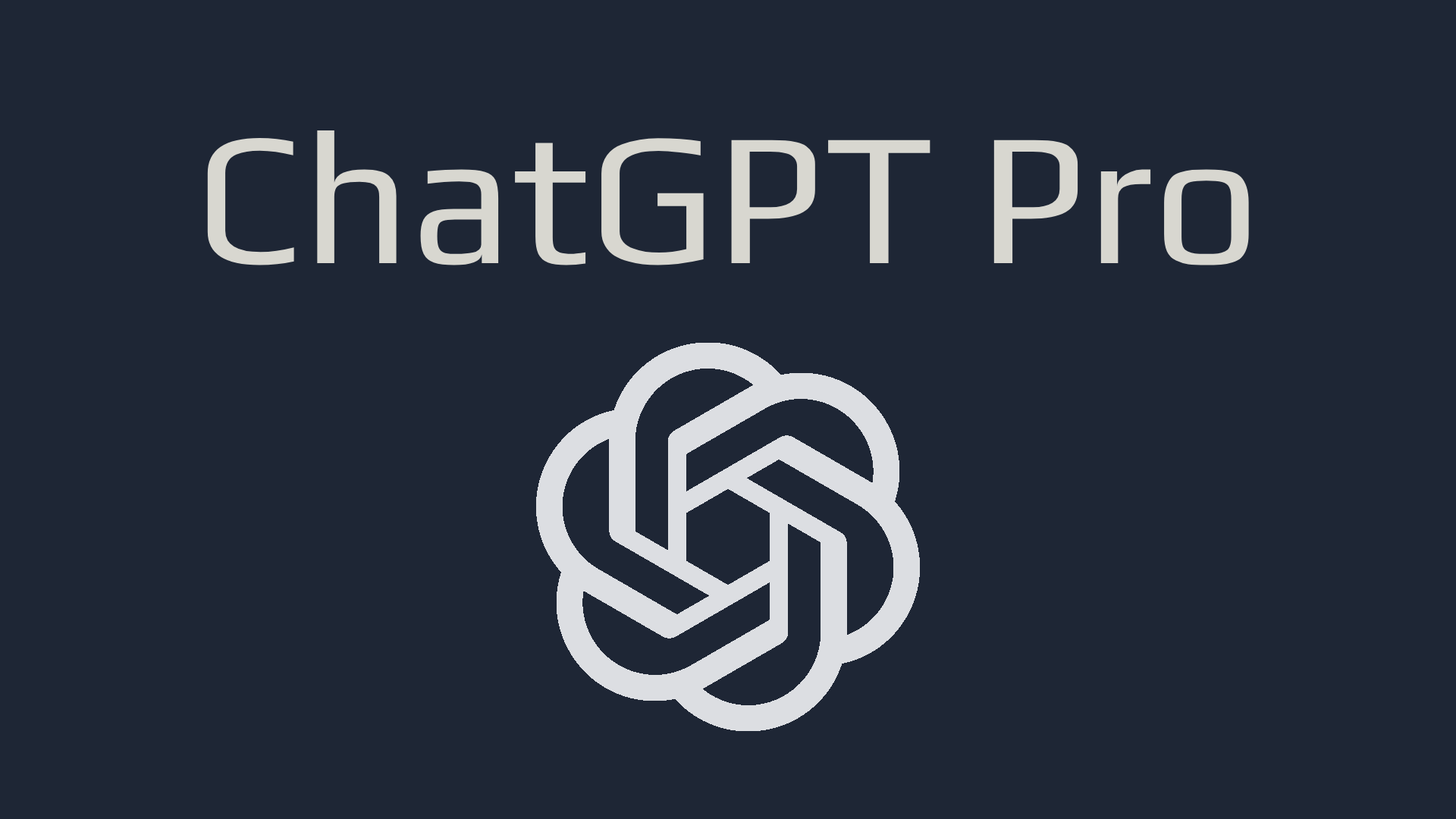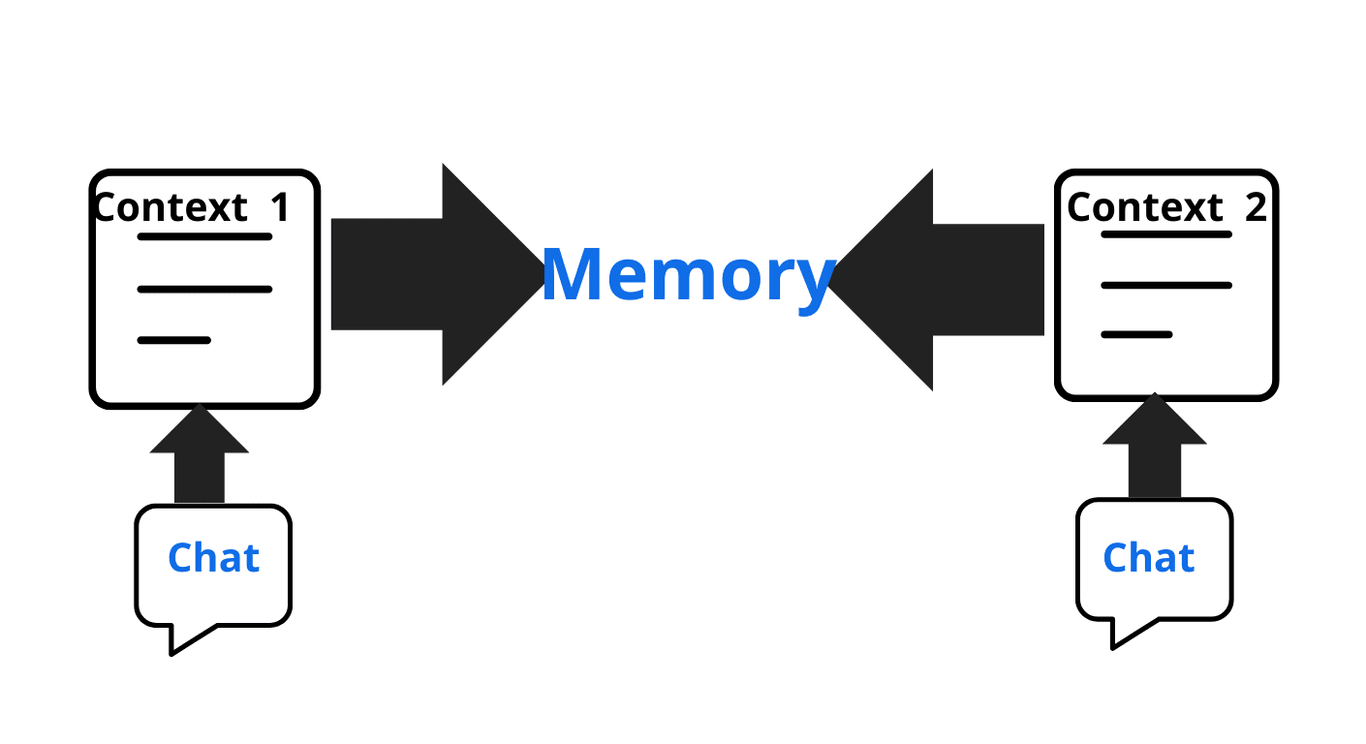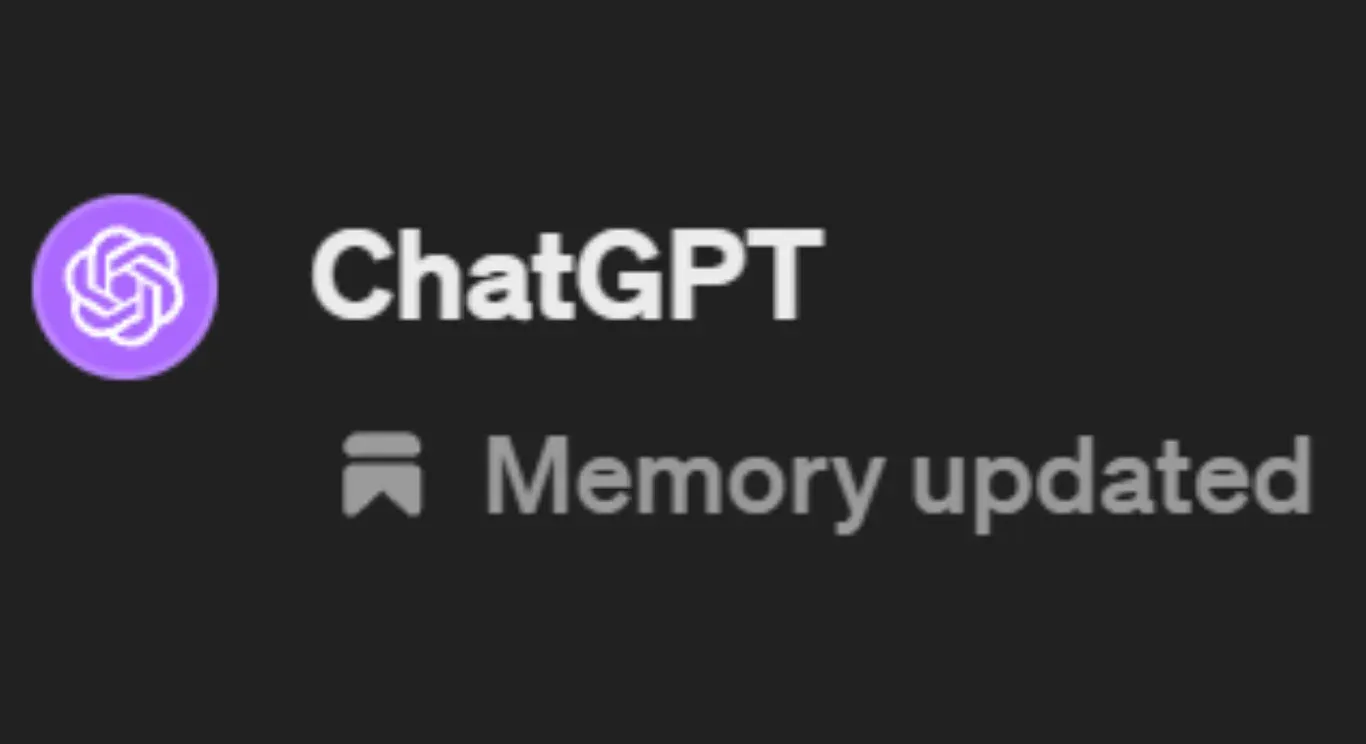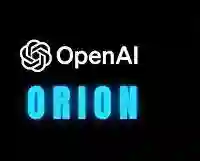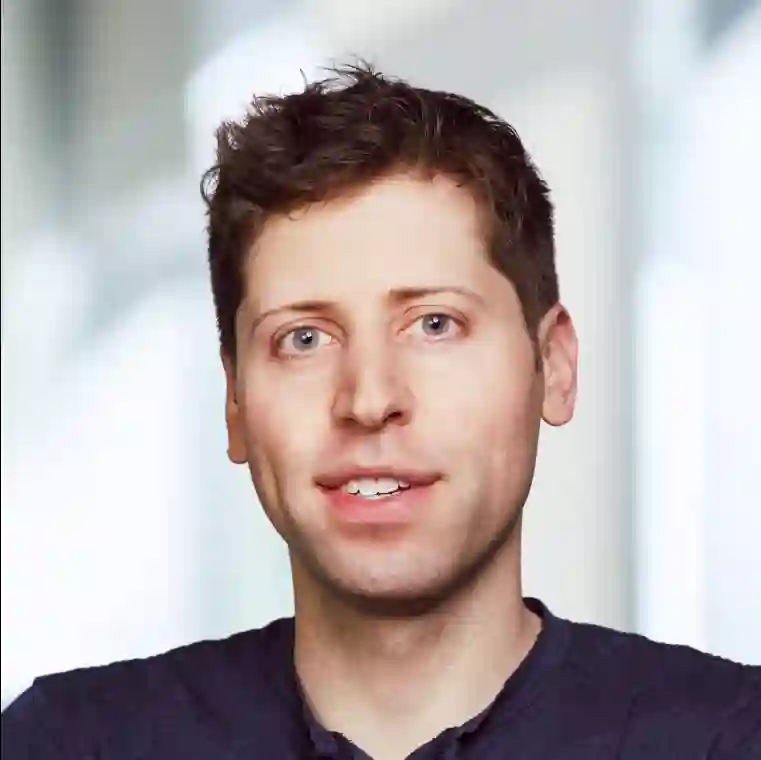AI and Ghibli Animation
OpenAI has launched an image generation technology that allows the creation of works inspired by Studio Ghibli. This has raised concerns about copyright and the use of AI in animation.
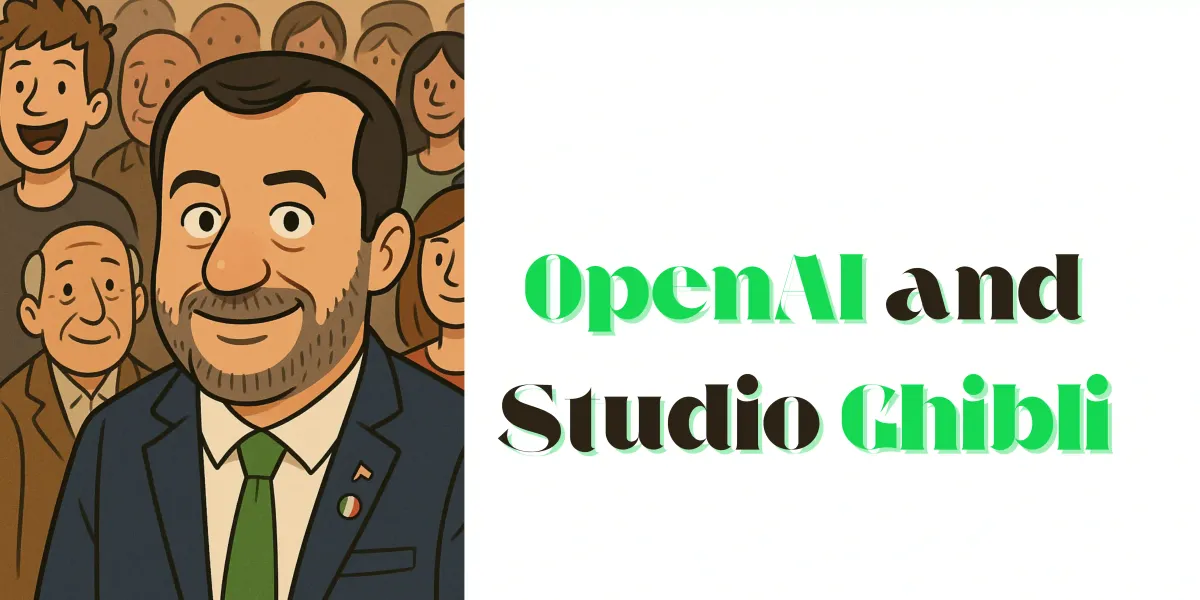
In recent days, artificial intelligence has made a significant advancement in the field of animation. OpenAI has introduced a new image generation technology integrated into the GPT-4o model. This innovation allows ChatGPT users to create images inspired by the style of Studio Ghibli. This development has raised important reflections on innovation, creativity, and legal issues related to the use of AI.
OpenAI's update to its image generation model is remarkable. The new technology is multimodal, capable of producing realistic and photorealistic images. Users can transform their images into artworks reminiscent of iconic Studio Ghibli films, such as "My Neighbor Totoro" and "Spirited Away". The ease of use has led to viral dissemination on social media, where users reinterpret pets and historical events in the Ghibli style.
The popularity of this feature has reached unprecedented levels. OpenAI's CEO, Sam Altman, changed his profile picture on X (formerly Twitter) to a Ghibli-style portrait. Even the White House participated in the trend by posting an image of an arrest in Ghibli style. This phenomenon demonstrates AI's ability to replicate complex artistic styles and engage the public in creative ways.
However, this wave of creativity has raised copyright concerns. Hayao Miyazaki, co-founder of Studio Ghibli, expressed his opposition to the use of AI in animation, calling it an "affront to life itself". The central issue is whether OpenAI trained its models on copyrighted works, such as Studio Ghibli films, without the authors' consent. While artistic style is not protected by copyright, using specific works to train AI models presents complex legal issues.
OpenAI has stated that it follows a conservative approach, avoiding generating images in the style of living artists while allowing the replication of "broader studio styles". However, this distinction does not fully resolve legal concerns, as Studio Ghibli artists may have rights to specific works. The situation remains complex and evolving, as the debate on creativity and copyright continues to develop in the context of AI.
